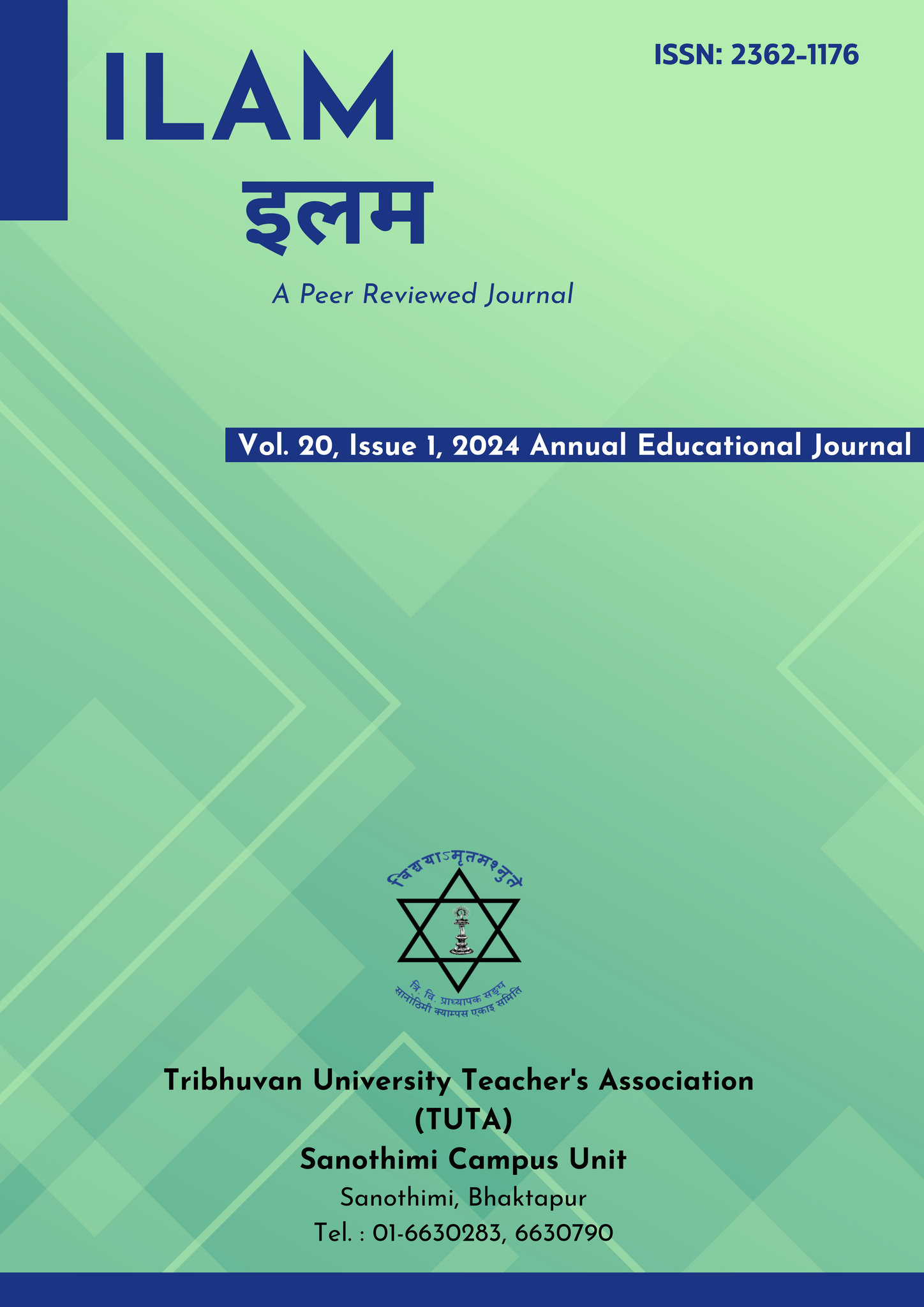Science Teachers’ Professional Development at Tribhuvan University: Bridging the Policy-Implementation Gap
DOI:
https://doi.org/10.3126/ilam.v20i1.67308Keywords:
Science education teachers, Professional development, Policy implementation gapsAbstract
This study explores how to bridge the policy-implementation gap in science teachers’ professional development at the Faculty of Education, Tribhuvan University. Keeping with the sequential mixed-method design of Creswell and Poth (2016), this study uses a QUAN-qual research design. Science education teachers teaching at the Bachelor's and Master's degree programs are the participants of this study. Forty-one respondents for the quantitative survey and six in-depth interviews were taken for the collection of data. Census sampling was taken for the survey, and purposive sampling was chosen to collect qualitative data. A structured survey questionnaire that adheres to Flick's (2019) standards captures quantitative data collection, whereas in-depth interviews and the use of inductive techniques like open coding and thematic content analysis capture quantitative data. The result shows that 4.9% of teachers took item analysis training, 7.3% of them got the opportunity to prepare, and 46.3% did not get the possibility. The study found the significance of institutional support and cooperative efforts for Science Education teachers' preparedness. This study offers implications for educational policymakers, administrators, and practitioners looking to improve the caliber of Science Education. It also acts as a prelude to a thorough investigation into the nuances of science teachers' professional development at the Faculty of Education, Tribhuvan University.




